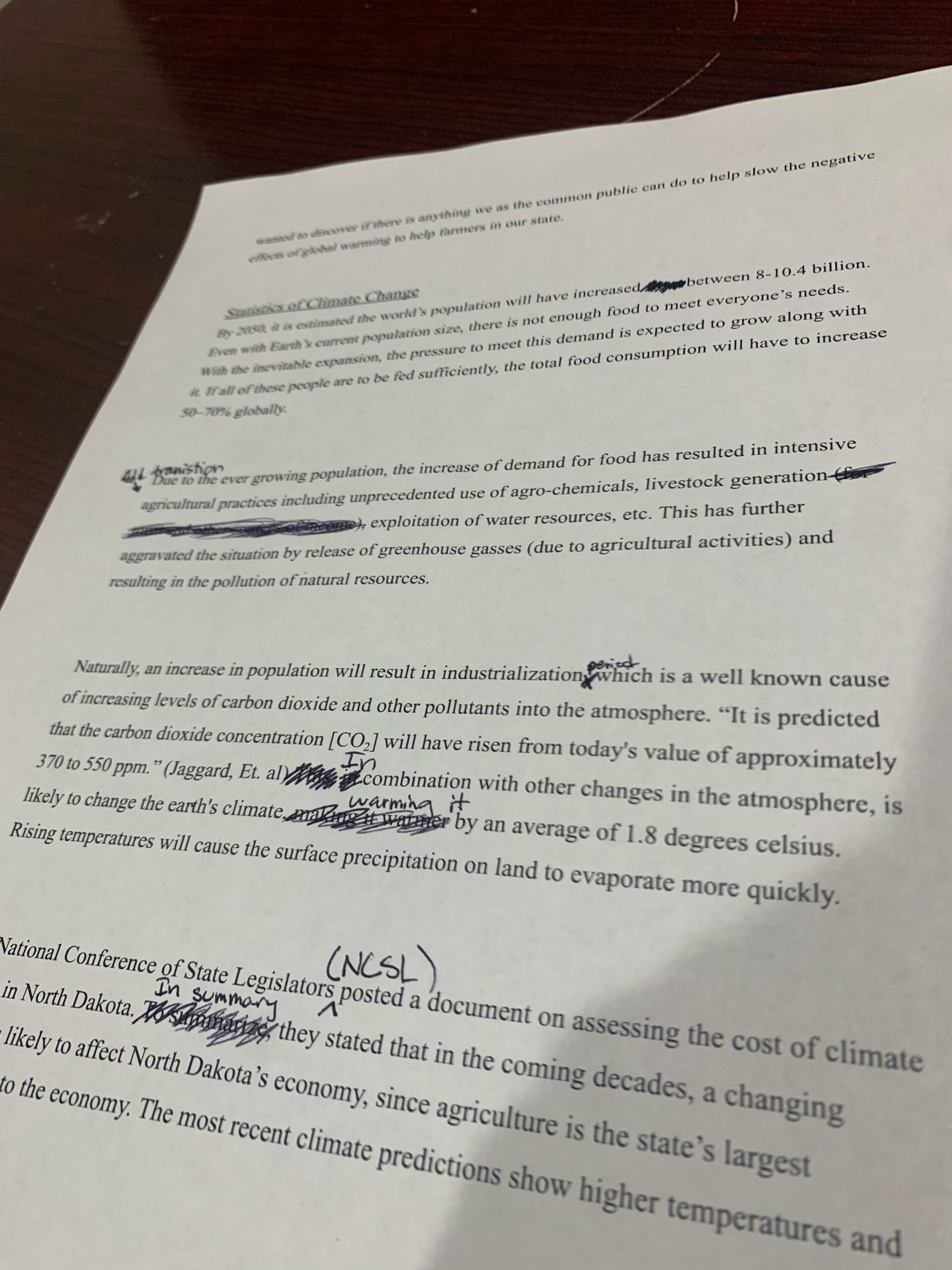Make a Plan
I write. But I struggle a lot with writing. Do you sometimes feel like me where you can’t even type a single sentence? It seems like your brain is blocked. You can’t even think about something. Ironically, when it is time to submit something, you have to do that. It’s like no matter what, submit it! So, be a pro! No, I am not asking you to be a writing giant when you would be producing 100 assignments a day. Be a pro in making plans for writing. Make a Plan. Then execute it on a daily basis. When you have a plan, even if you fail to practice it daily, you get something out of it.
Decide before writing
Before starting your paper, decide what you are trying to write. If it is for the course you are taking in a semester, then try to get something that is related to that course. You can also ask your professor to help you with deciding ideas about your paper. Then, select the topic or novel you are going to write about. Do some research if there is enough evidence prevalent to support your argument. NDSU’s library website can be a great source for that. It is a great resource to get access to hundreds of research papers that would cost you thousands without NDSU’s support. There are librarians too who can help you in this matter. If you are into something creative, then you have the freedom to write whatever you want. If not, then you have to rely on scholarly sources to back up your opinion. In academia, scholarly, and peer-reviewed sources get priority when it comes to writing an academic paper. The best thing about using NDSU’s library website is that it is clearly written underneath every paper whether it is peer-reviewed or not. When there is not enough data, it gets tough to get the writing going. So, think before you start.
Select Your Style and Genre
Writing has a broader field. So far my knowledge goes, persuasive, narrative, expository, and descriptive writing are the four basic writing types. But when you try to write in a specific genre and adopt a certain style, you have to know about that thoroughly. In the English 120 course, which is mandatory for every department at NDSU, we teach genres. Our focus is to let students know how to write considering GAPS (Genre, Audience, Purpose, and Situation). We try to give them the understanding that content, style, and design form the whole text. So, know your target audience and select your style and genre. Create your writing niche!
Write a Draft
After taking the decision, start making rough drafts. Do brainstorming. List everything that comes to your mind. Have some minutes assigned for writing even if you don’t always feel like doing it. Force yourself to write at least 5/10 sentences a day. The more, the better. Set an alarm and start writing when it is time to write. Try to be productive in writing, no matter what. The other day I was telling my professor who is renowned in her field, Dr. Hassel, that I plan, write, revise, and delete everything. She shared her mantra of not deleting things, but rather keeping things in a folder called “scraps”. So, it happens to everybody, from me to my professor. First draft is always not going to work but you never know when you might use those drafts for other purposes. So, have drafts.

Get Feedback
Don’t finish your whole paper, and then seek feedback. When you are processing the paper, get intervened by others. It is not wise to be done with the whole paper and get other’s opinions on it. Ask your friends and classmates to read your paper. It really helps, if the other person giving feedback to you is from the same field. You can go to NDSU’s Writing Centre to seek help from them. Set an appointment with them, zoom or in person. Then, see what they think of your paper. Don’t forget to show your paper to your professor if it is a course related paper. Get his/ her insights. At the end of the day, they decide your grade. So, their opinions matter!
Do not Take Criticism Personally
I used to get hurt when people would criticize my writing. But now I understand the benefits of criticism. Criticisms help us to understand what things should be done right in order to achieve perfection in performance! Though perfection is a myth, there is no harm in putting effort into achieving that. People criticize writings, not the writers. So, write but don’t get hurt. Accept their opinions and use that in your stride to get success.
Edit Mercilessly
Once you think that you have hit your desired goal of 5,000/10,000 words or any specific requirement that has to be fulfilled, start editing. Remember, when it comes to editing, be merciless. Take unnecessary words out. Change fancy words with simple words. You can definitely use fancier words, but it is better to keep things simple first. Here, opinions vary! Look for grammatical and spelling mistakes. Identify the poor sentence structure and work on it. Go back, again and again, to edit your drafts until you are satisfied with your product.
It takes patience and perseverance to achieve what you want, even if it is getting perfection in your writing skills. But making a plan about how to do it always helps to keep you on track. So, make sure that you have your plan and follow it. After a certain time, you will see the results of it. Till then, try hard.
